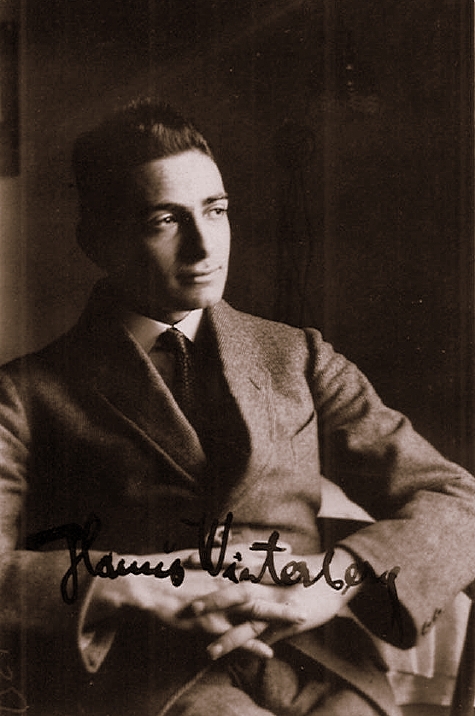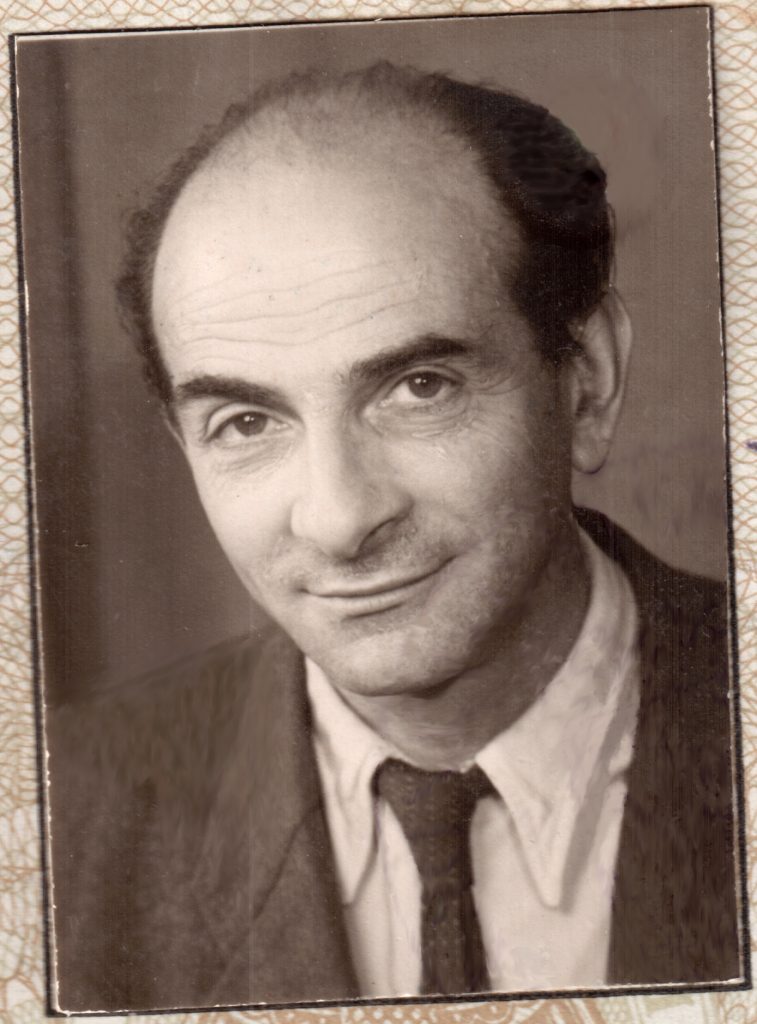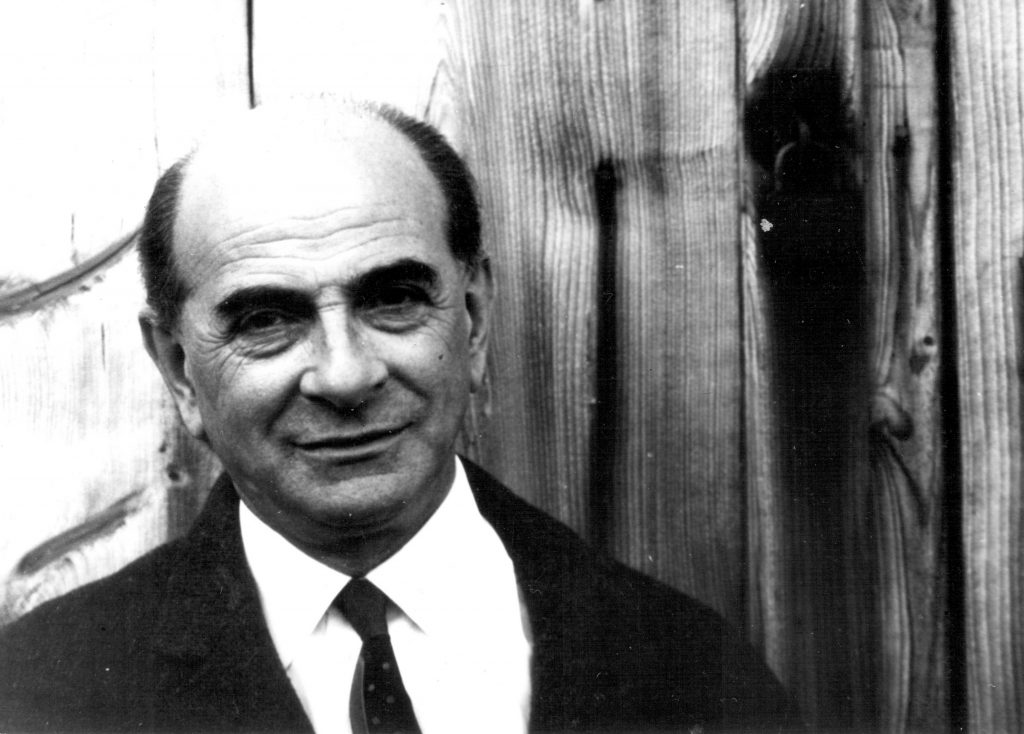An intricate biography between times and nationalities. By Michael Haas.
What do we know about Hans Winterberg? Not much, one might say, although we have been able to find out more and more from a deliberately veiled past. We know that Winterberg was born in 1901 to a Jewish family in Prague. The family had been living in Prague for 300 years and had, among other things, a former Chief Rabbi. Winterberg was born as an Austrian, but with the emergence of Czechoslovakia in 1918, he became a Czech citizen without transition. He confirmed this status in the 1930 census and also called himself Hanuš Winterberg. As a child he learned to play the piano with Therèse Wallerstein, who was later murdered by the Nazis. He studied in Prague at the German Academy of Music with Fidelio Finke and Alexander Zemlinsky. In 1939/40, together with Gideon Klein, he attended composition lessons with Alois Hába at the Prague State Conservatory. For some time he worked as a répétiteur in Brno and Gablonz.

In 1930 he married the pianist and composer Maria Maschat, who had become famous as a former child prodigy. She was German-Bohemian and not Jewish; her daughter Ruth was born in 1935. After the invasion of the German Wehrmacht many of Winterberg’s relatives were deported to the concentration camp, his mother Olga was murdered in 1942 in Maly Trostinez. Winterberg’s marriage was dissolved in 1944 according to the Reichsehegesetzt, and in January 1945 he was deported to Theresienstadt. In May 1945 he was liberated and soon afterwards his wife and daughter were again deported to Germany in cattle trucks on the basis of the Beneš decrees. It was not until 1947 that Winterberg was given a Czech passport, which enabled him to travel to Bavaria to visit his wife and retake possession of his manuscripts, which he had entrusted to his wife and friends abroad before being deported to Theresienstadt. In 1948 there was a communist coup d’état in Czechoslovakia, and Winterberg was faced with a dilemma: if he remained a Czech citizen, he would be returned to Czechoslovakia; in order to remain in Germany, he had to confess to the Sudeten German ethnic group. The Sudeten German conductor Fritz Rieger and other musicians stood up for Hans Winterberg, performed his works and recorded them for the BR, where a considerable number of recordings were made.

Some musicians who still knew Winterberg from Prague accused him of disguising himself as a German Bohemian out of opportunism. The possible exposure as a Czech, who had crept into the Sudeten German community, caused Winterberg worries.
The marriage with Maria Maschat did not last long in Germany, and Winterberg married three more times. The fourth wife, Louise Maria née. Piper, came from the Sudetenland. Winterberg also adopted her then 22-year-old son Christoph, whose biological father was a former SS man. After the death of Hans Winterberg and Louise Maria in 1991, Christoph sold the estate of his adoptive father for 6000 DM to the Sudetendeutsche Musikinstitut. In 2002, an agreement was concluded which blocked the estate and prohibited all information about the family until the beginning of 2031. It was also agreed that the Jewish origin of Winterberg should never be made public. Only in 2031, after the lifting of the ban, could Winterberg be discussed, but only as a “Sudeten German composer”.
Only through the efforts of Ruth Winterberg’s son (the daughter from Winterberg’s first marriage), Peter Kreitmeir, and the publication of the agreement with the Sudeten German Music Institute on Michael Haas’s blog “Forbidden Music” (mediated by Randy Schönberg) could the ban be lifted and the rights returned to the grandson. The estate of Winterberg is now being looked after at the exile.arte Centre at the Vienna University of Music.

Now that Winterberg’s music is accessible again, one notices that it has its origin mainly in the Czech school established after Janáček . Some members of the Sudeten German Community have always suspected of being “Czechs” again. As one hears from his music today, they were apparently right.
Michael Haas, exil.arte centre, mdw